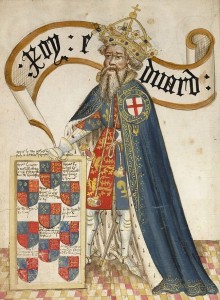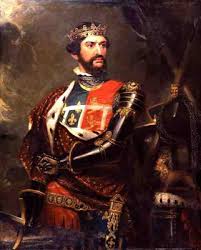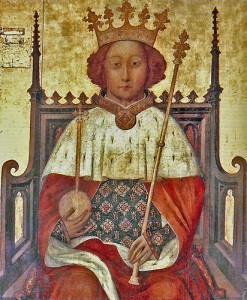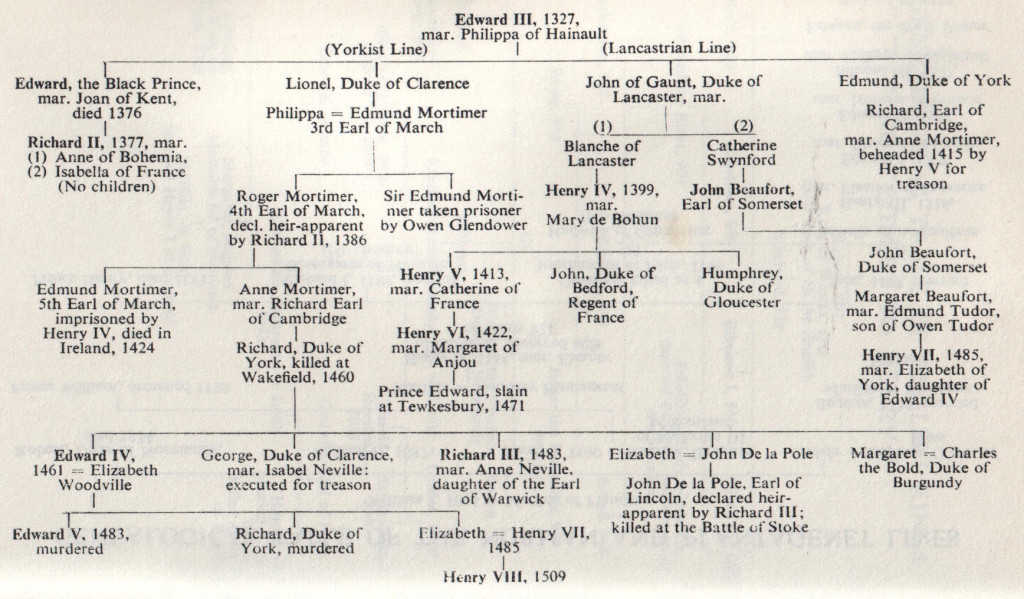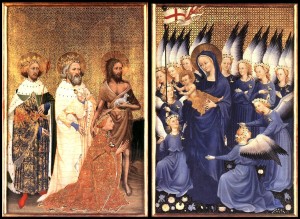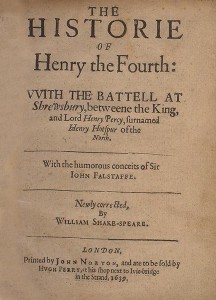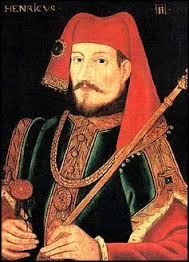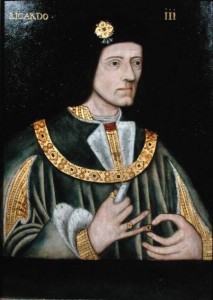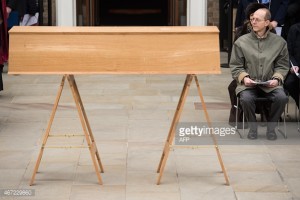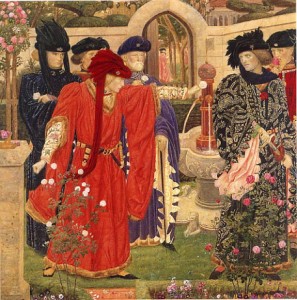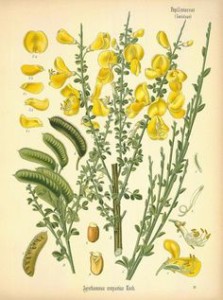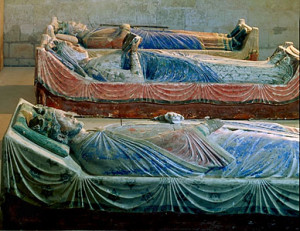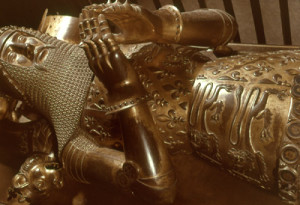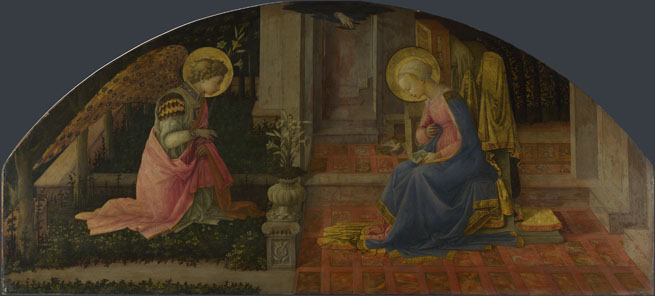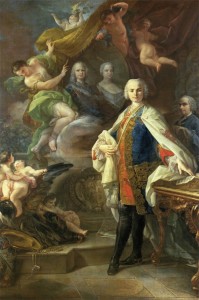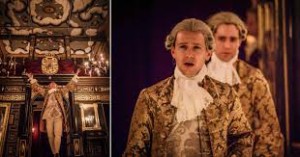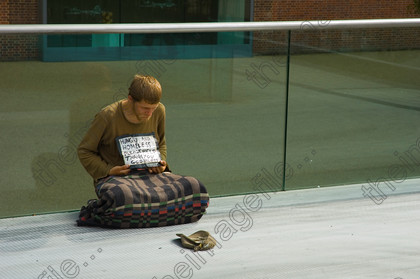 The poor are always with us….
The poor are always with us….
Last night I caught a few minutes of a TV series dedicated to ‘the haves’ of our nation – Made in Chelsea. It chronicles the lives and loves of a group of affluent young people in the West London – about and around Belgravia, the King’s Road and Knightsbridge and their adventures in the wider world of city breaks and endless parties, lunches and vacations.
Their preoccupations are singular and self obsessed. It is easy to laugh at them and then do as they habitually do pass on to something more amusing without a further thought. It is easy just to laugh at the show for is it not just a foolish Media foolish confection accurately reflecting nothing more or less than the shallow vacuity of our consumerist society? Is that the moral response?
Moral – humbug say you – gilded youth is surely often hedonistic and those youths fortunate by birth to have lives gilded with real gold will only tend to be more hedonistic than the rest. They will spend money as freely as they spend time and striking an absolute moral pose about this fact of life only draws attention to one’s own personal foibles and failings – the word hypocrite trips too easily off the tongue. We fear the word moral as we fear being termed hypocrites.
Made in Chelsea is a TV show about London a city where I have lived most of my adult life. In this same city as Alexandra “Binky” Felstead or Mark-Francis Vandelli there are 2.2 million other Londoners living in relative poverty – that is they live on less than half the average national income. Half national income is roughly £12,000 per annum. That is roughly twice the number as when I first came to live here in 1976.
Nor has relative poverty increased in isolation. For example 39% of those living in the private rented sector in London are categorised as living in relative poverty and that is because more people now live in the rented sector because of the shortage of social or public housing. There are 11 thousand families living in temporary accommodation – many of them outside the boroughs where they registered housing need and where they work. Fourteen million UK citizens live in or around that income level and many are in constant danger of real material deprivation.
One million of our fellow citizens have used a food bank in the last 12 months. Therefore, one million families in the UK have some direct experience of what we term poverty. Government statistics tell us one and five children live in what is termed absolute poverty in the UK. Absolute poverty is defined as lack of sufficient resources to meet basic needs. There are around 12 thousand homeless in London at any one time and half of these live on the streets.
Those made in Chelsea might say – sad but true – or what has that to do with me? Or they might excuse themselves by saying God helps those who help themselves – as if the Almighty is just another material acquisition like a pair of Gucci shoes or a Chanel handbag to which those who have are entitled. These are of the legion of polite fictions we regularly employ to save ourselves from the inconvenience of thinking too hard about the realities of others lives beyond those of our immediate and charmed circle of acquaintance. The poor are with us and we need not trouble ourselves about it much more than giving the occasional nod via an occasional donation to this or that charity.
We claim the unfortunate for ourselves so we can feel we care and then we quietly look the other way. I’m no better than anyone but I am more and more uncomfortable with my pose. In the context of an entry I made on Facebook yesterday about food banks – Made in Chelsea last night made me feel ashamed. I still feel ashamed. We cast the net of blame about us as if we might catch the conscience of a king. Sometimes we do not need to wait upon royal prerogative – we can do something ourselves. The things in question may be small – trivial – hardly noticed – but they will accumulate to make a difference. One of those things is to vote; another is to vote with conscience rather than just as self-interest directs.
We too easily forget in our relative privilege that Poverty is usually blameless and usually the accident of birth or misfortune. Many of those living in poverty have physical or learning disabilities; or low educational attainment; or they suffer from serious recurrent mental health issues. Their poverty is often inter-generational and often leads to social exclusion and as a consequence they suffer discrimination on almost every level – from accessing state benefits or education or housing to basic legal aid. They will often fall further into social exclusion – fall foul of the criminal law – or acquire addictions. They will as often as not present to us as unsympathetic. Poverty is a state into which they are born. There they remain a lifetime – not in the bucolic idyll of obscurity etched out in Grey’s Elegy but in the blind hopelessness that accrues to them because they are poor and because they are disadvantaged. We who are not poor console ourselves with the notion that it is possible for everyone to enjoy our relative success. That is of course untrue – for history may be littered with memorials to the the blessed few that made it through to the top but the other 99% died as they were born – in want.
We are all bi-polar if only in a philosophical sense. We experience life within the narrows of our mind and body but oddly we conceptualise our life principally in the terms of others – or at the very least in terms of things outside our being even if only within our easy grasp. Sometimes as apparently with those starring in Made in Chelsea the acquisition of things in easy grasp becomes a way of life; for others less fortunate things in easy grasp are things to take from those who have. They both share the common delusion that the things – and their possession – will somehow make for happiness and contentment. Most often they only lead to a hunger for more and more and like all human appetites when fed it will need more to satisfy the craving.
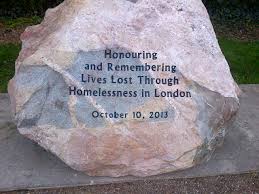 At the best this conceptualised experience of life can lead us towards each other and to the moments of our greatest fulfillment. For simplicity’s sake we might call this love. Love of our fellow man is part and parcel of how we imagine our own humanity. We garnered this wisdom early on in our short time on this planet. About the same time we were studying the stars at night we were studying each other. From the one we understood something of the motion of planets and the geometry of their movement opened a new world here on earth – as well as making the heavens somehow predictable. At the time when we were writing these observations down we were also wrting down philosophical ideas often in the form of memorable aphorisms. One of them – love thy neighbour as thyself – aptly summarises the bipolar philosophical condition of our existence. Although often associated as uniquely Christian the injunction first appears in the Bible in Leviticus. We can therefore be pretty sure its provenance is older.
At the best this conceptualised experience of life can lead us towards each other and to the moments of our greatest fulfillment. For simplicity’s sake we might call this love. Love of our fellow man is part and parcel of how we imagine our own humanity. We garnered this wisdom early on in our short time on this planet. About the same time we were studying the stars at night we were studying each other. From the one we understood something of the motion of planets and the geometry of their movement opened a new world here on earth – as well as making the heavens somehow predictable. At the time when we were writing these observations down we were also wrting down philosophical ideas often in the form of memorable aphorisms. One of them – love thy neighbour as thyself – aptly summarises the bipolar philosophical condition of our existence. Although often associated as uniquely Christian the injunction first appears in the Bible in Leviticus. We can therefore be pretty sure its provenance is older.
The idea of loving your neighbour challenges us simply because we only really experience the world directly through and from our own perspective and within the limitations of our bodies and of our minds. Moreover – it has always been the stranger to whom this injunction has been applied – friends and family did not count when this principle was coined – indeed in Leviticus the usage ‘foreigner’ is the one most commonly appearing in translation. It is a call to consciousness of others’ needs that speaks directly to our own experience – for in a strange – perhaps in a counter-intuitive way – ancient mankind had observed the greatest collective security was to gained by considering the needs of others as if they were our own. The idea has constantly recurred in philosophy and in religions everywhere.
I had no notion on going to sleep that Made in Chelsea had made such an impression on me. When I woke this morning at about half four – I felt impelled to write. In so doing I probably have made a fool of myself. I do not do this for myself or because I feel superior or because I judge others and least because I am better than anyone. I write this because I feel it needs to be said. We easily forget the many chances life affords us and i have been afforded for whatever reason more chances than many. I want to give others – most especially those whom I regard as the least deserving – that same chance to look back on their life and feel as I do when I look back on mine.


